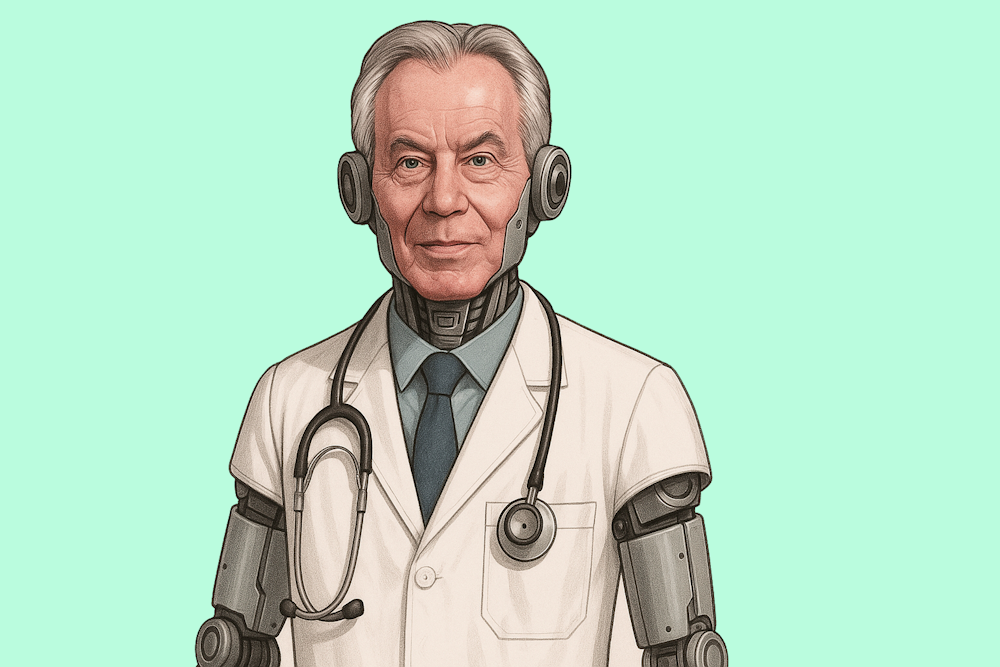Article
Outrage or optimism? ‘Not the End of the World’ shows why climate action can’t rely on facts alone

‘Not the End of the World’ is spurring debates about how we use data, and hope versus despair in the climate movement. How useful is ‘urgent optimism’ as a communication strategy?
As Stewart Lee joked, ‘you can prove anything with facts’. Facts are the bedrock of ‘Not the End of the World’, a book by Hannah Ritchie, Deputy Editor and Lead Researcher at Our World in Data. Chances are that if you’ve dug into any data on big global trends lately, you’ll have come across Our World in Data – and that if you’ve spent any time in climate discussions online or in person, you’ll have come across this book.
The point Ritchie aims to prove is that, across various metrics – ocean plastics, air quality, global warming etc. – there is room for optimism, and that many trends are more positive than those she terms ‘doomers’ might think. In contrast to the name of the German environmental campaign group ‘The Last Generation’, she argues that her readers can be the first sustainable one.
It’s sparked intense debate, with support from the likes of Bill Gates and Margaret Atwood, with intense critique from those who argue that Ritchie is presenting an overly optimistic worldview, and overestimates the ability of technology and business to solve global challenges. The interview between Ritchie and Planet Critical’s Rachel Donald – a journalist specialising in corruption and the environment – encapsulates this, and is a fascinating piece of media. It shows how it’s possible to have an intense, yet respectful debate on the climate without needing to resort to false equivalence and platform climate deniers.
The debate around this book is a highly relevant one for people working in climate communications, and talking about sustainable innovation. The book’s approach seems to echo the idea that ‘facts don’t care about your feelings.’ But journalists, communicators, and activists all of us who work with media and narratives know, it’s just as true that feelings don’t really care about facts, particularly if they are ones that audiences might want to reject. This works both ways; it’s hard to hear that ‘humanity is doomed’ as Ritchie points out, or that massive changes are needed to prevent dire environmental consequences; but it’s also hard to have preconceptions challenged, and to be told that problems that are literally keeping many of us awake at night aren’t actually as bad as we think.
It’s the narrative that we use to package these facts – and the facts that we choose to communicate our arguments – that ultimately convince those that we’re talking to, and drive the behaviours we seek to change. There’s a reason that people tend to turn up to protests waving provocative slogans on banners rather than peer-reviewed dissertations. Depending on the information you select, it’s possible to paint the picture of a world in decline, or recovery – because both are happening simultaneously. Facts alone – as cycle after cycle of IPCC reports – aren’t sufficient to inspire action by themselves.
Ultimately – as Ritchie quotes Max Roser as saying – ‘the world is much better; the world is still awful; the world can do much better’, and all three statements are simultaneously true.
Different people need to hear different messages – and different information will drive people to action depending on who they are, what they believe, and what they are inclined to do. Ritchie’s book is squarely aimed at people who might feel that climate is pointless because it’s already too late. However, it’s reaching a lot of people who are already committed to sustainability action, who may have invested a lot of themselves in the cause, often inspired by data that shows bad news, or personal experience of wildfires, heatwaves, floods or other symptoms of climate breakdown.
Climate and cleantech brands need to bear this in mind. Does your audience need to hear about the scale of the problem or the opportunity the solution provides? Bad news on ocean plastics – the memorable impact of Blue Planet II – definitely helped to spur action on the issue, and to inspire solutions like the Ocean Cleanup. But when it comes to building support for clean energy and net zero plans in the UK, talking about the state of the climate is less likely to be impactful than emphasising good jobs, lower energy bills, and new commercial opportunities.
Facts, evidence, and truthfulness are non-negotiable for climate action; but driving climate action can’t forget about feelings – and necessitates careful deployment of outrage, optimism, and everything in between.
Get in touch at [email protected] to find out more about how we can help ambitious brands in climate and cleantech to bring tomorrow closer.





